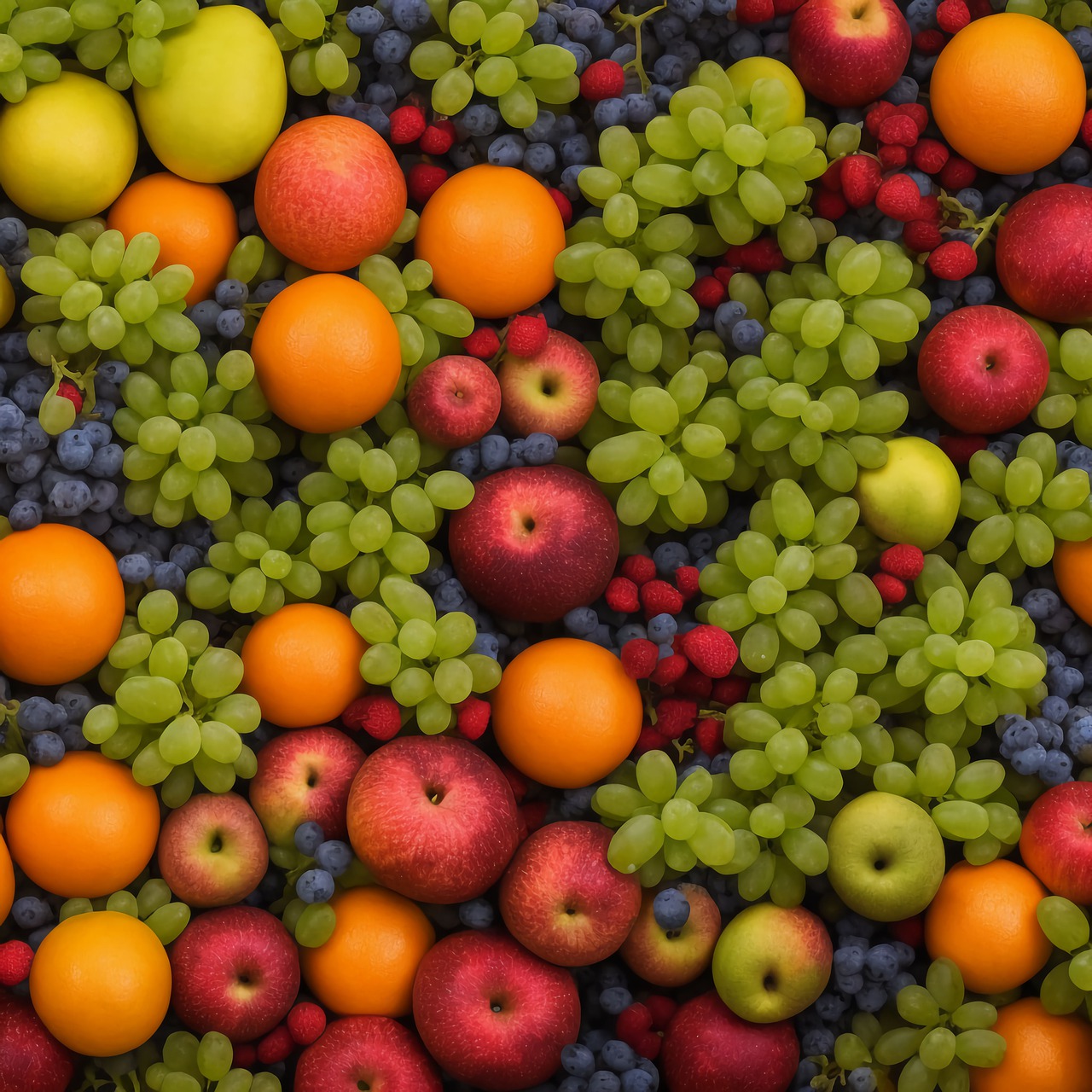Renewable Energy in Food Production and Distribution
Sustainable energy sources play a crucial role in enhancing the overall efficiency and productivity of agricultural practices. By utilizing renewable energy such as solar and wind power, farmers can reduce their dependence on non-renewable resources like fossil fuels, leading to a more environmentally friendly approach to farming. This shift towards sustainable energy not only helps in reducing carbon emissions but also contributes to long-term cost savings for farmers, making their operations more economically viable in the long run.
In addition to the environmental and economic benefits, incorporating sustainable energy sources in agriculture can also improve the resilience of farming systems. With the unpredictability of climate change and its impact on agricultural production, utilizing renewable energy can provide a reliable and consistent source of power for essential farming operations. This can help farmers mitigate the risks associated with fluctuating energy prices and unreliable power sources, ultimately promoting the sustainability and longevity of agricultural practices.
Impact of Renewable Energy on Food Production Efficiency
Renewable energy sources have been instrumental in enhancing the efficiency of food production processes. The integration of solar, wind, and hydropower technologies in agricultural practices has led to reduced energy costs and minimized environmental impact. By incorporating renewable energy systems into food production, farmers can achieve greater sustainability and long-term cost savings.
The utilization of renewable energy in food production not only reduces greenhouse gas emissions but also contributes to a more resilient and reliable supply chain. Solar panels and wind turbines installed on farms can generate clean electricity to power irrigation systems, lighting, and other energy-intensive operations. This shift towards sustainable energy sources not only benefits the environment but also improves the overall efficiency and productivity of food production systems.
Implementation of Solar Power in Food Processing Plants
Solar power has emerged as a promising renewable energy source for food processing plants, offering a sustainable alternative to traditional power sources. By harnessing energy from the sun through solar panels, these plants can significantly reduce their reliance on fossil fuels and lower their carbon footprint. This shift towards solar power not only helps in mitigating environmental impact but also contributes to long-term cost savings for food processing facilities.
The adoption of solar power in food processing plants brings about several advantages, including increased energy efficiency and improved operational sustainability. Solar panels installed on the rooftops or surrounding areas of these plants convert sunlight into electricity, providing a clean and reliable source of power for various processing activities. Moreover, the surplus energy generated can be stored or even fed back into the grid, promoting energy self-sufficiency and reducing overall electricity expenses for the facility.
Why is it important to use sustainable energy sources in agriculture?
Using sustainable energy sources in agriculture helps reduce carbon emissions, lower operating costs, and promote environmental sustainability.
How does renewable energy impact food production efficiency?
Renewable energy sources like solar power can help food processing plants reduce their dependence on traditional energy sources, lower their energy costs, and improve overall efficiency.
What are some benefits of implementing solar power in food processing plants?
Some benefits of implementing solar power in food processing plants include reduced operating costs, lower carbon emissions, increased energy independence, and a positive impact on the environment.
How can food processing plants transition to using solar power?
Food processing plants can transition to using solar power by installing solar panels on their rooftops or nearby land, working with energy consultants to develop a solar energy plan, and taking advantage of government incentives for renewable energy.
Are there any challenges in implementing solar power in food processing plants?
Some challenges in implementing solar power in food processing plants may include high upfront costs, limited space for solar panel installation, and potential technical issues with integrating solar power into existing energy systems.







